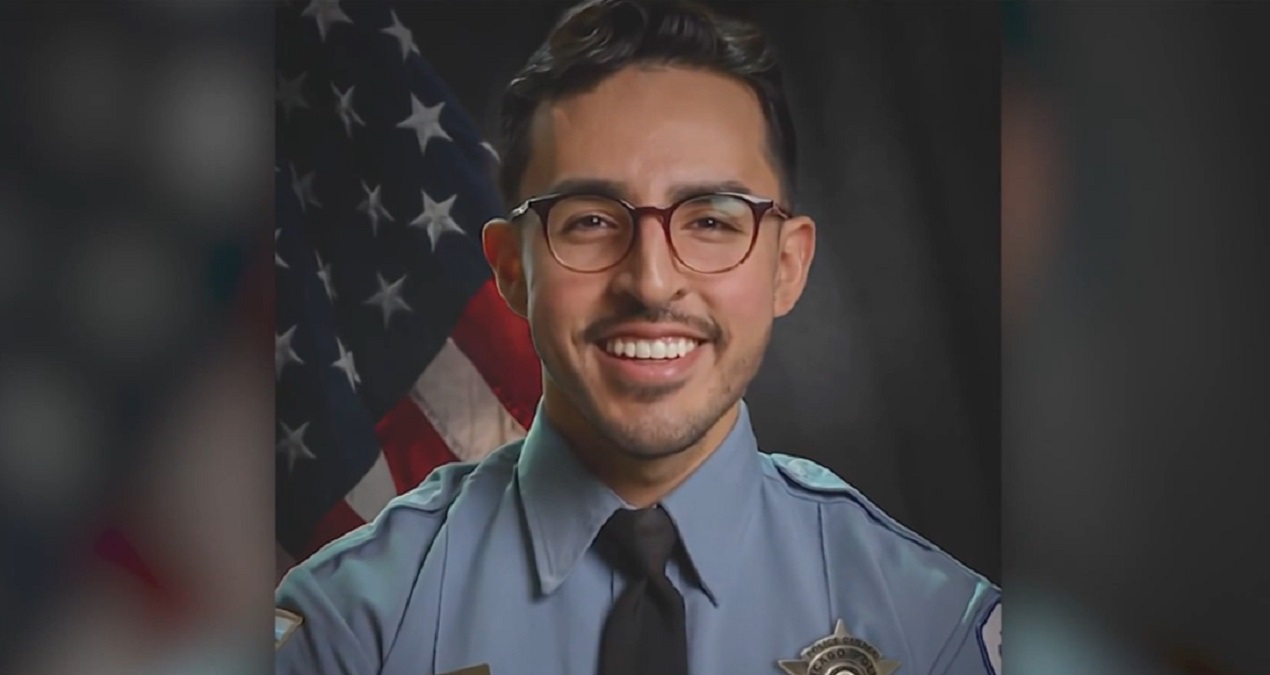Health officials maintained that the "risk to the general public in Illinois remains low" in announcing on Thursday that the Chicago woman diagnosed with the coronavirus earlier this month had infected her husband, marking the first case of person-to-person transmission of the virus in the U.S.
"At this time, we are not recommending people in the general public to take additional precautions such as canceling activities or avoiding going out," Illinois Department of Public Health Director Dr. Ngozi Ezike said in a press briefing Thursday morning.
Still, health officials offered the public reminders of preventative measures that should be taken to prevent the spread of respiratory disease.
"There's sort of two things that we're asking the public to help us with," Dr. Nancy Messonnier, the Director of the National Center for Immunization and Respiratory Diseases, said Thursday. "One is if you are a traveler who has recently returned from the impacted area we want you to be vigilant for the symptoms and signs of this novel coronavirus - that is a fever and a cough and if you have those symptoms, please call your health care provider."
"Similarly, if you've been identified by the health department as a close contact of a confirmed case, we want you to follow the guidance of the health department. That guidance is aimed to keep you safe and to keep this virus from spreading further," she continued, adding, "Our guidance is that at this time of year the best things you can do are the things that we generally recommend at this time of year to prevent the spread of infectious diseases: wash your hands, cover your cough, take care of yourself and keep alert for the information that we're providing because we'll provide new information as it becomes available."
Local
When the first patient in Chicago - a woman in her 60s - was diagnosed last week, the Chicago Department of Public Health recommended washing hands often with soap and water for at least 20 seconds, noting that if soap and water are not available, an alcohol-based hand sanitizer should be used.
Don't touch your eyes, nose or mouth with unwashed hands, experts warned, and avoid close contact with people who are sick. Stay home if you are sick, officials said, adding that when coughing or sneezing - cover it with a tissue, then throw it in the trash.
You should also make sure to clean and disinfect frequently touched objects and surfaces, the Centers for Disease Control and Prevention says.
The CDC noted that there are no vaccines to protect against the coronavirus but taking preventative measures such as these could help reduce risk of infection.
Messonnier said Thursday that the CDC "does not currently recommend the use of face masks for the general public."
"The virus is not spreading in the general community," she said. "While it is cold and flu season, we don't routinely recommend the use of face masks by the public to prevent respiratory illness and we certainly are not recommending that at this time for this new virus."
The first patient returned from Wuhan, China - the epicenter of a recent outbreak - on Jan. 13 and was later hospitalized, a state epidemiologist with the Illinois Department of Public Health said at the time.
Her husband, the second patient diagnosed with the virus in Chicago, is also in his 60s and has "underlying medical conditions," Illinois' state epidemiologist Jennifer Layden said Thursday. Messonnier said the patients that were having the "most severe outcomes" were "older adults and individuals with underlying illness."
"He recently began reporting new symptoms and was immediately admitted to the hospital and placed in an appropriate isolation room where he is in stable condition," Layden said.
Health officials emphasized that investigative teams are "actively monitoring close contact, including health care workers" and that people in Illinois are believed to be at a low risk for infection.



